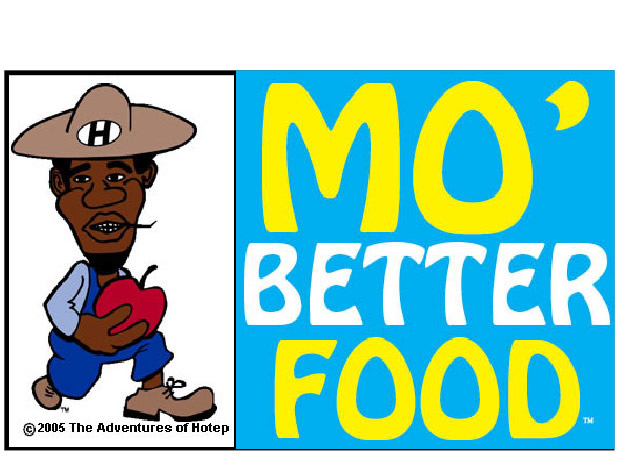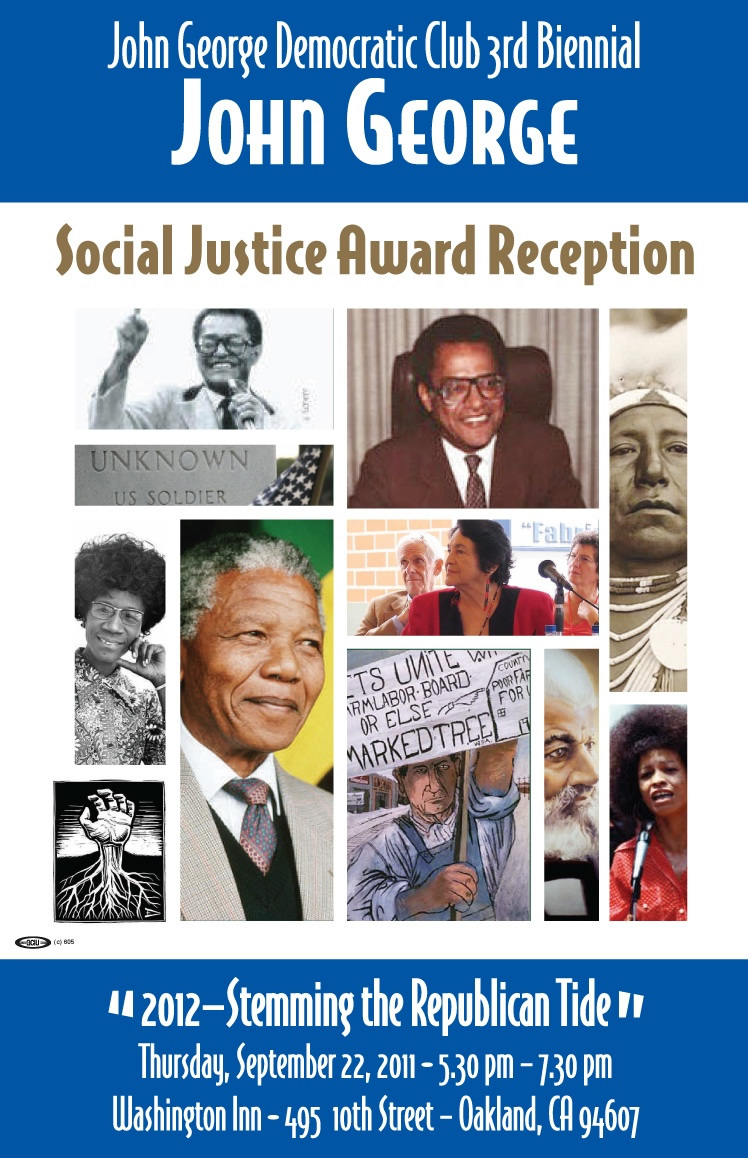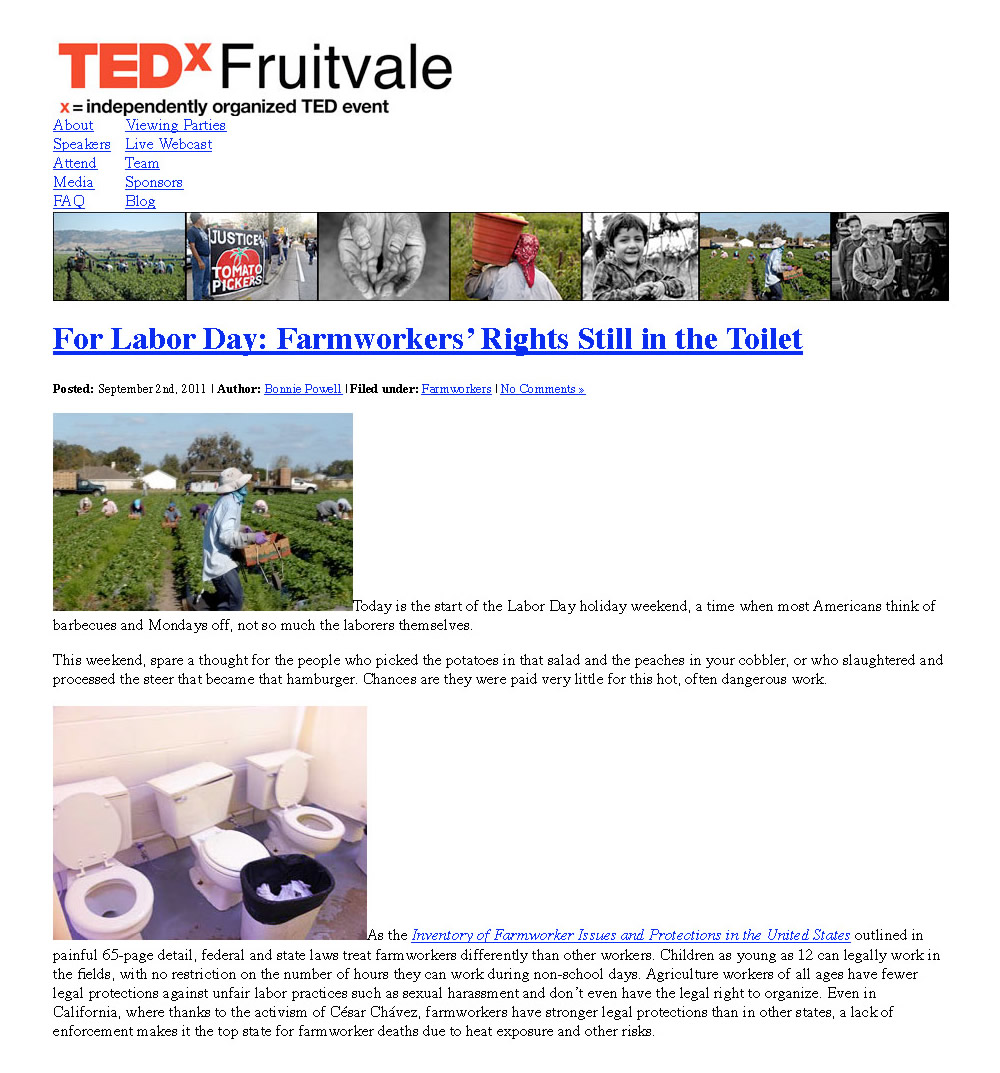OUR HISTORY
Since 1996, The Familyhood Connection Inc, has utilized the name "Mo' Better Food" to ask the question and facilitate the answer by implementing an array of strategies to achieve the simple task of recruiting the African American community to feed itself.
We realized fresh food was hard to find in our neighborhoods. Then we realized it was even harder to find African- American farmers. We decided, if we can find African American farmers, we will connect what they grow, back into our neighborhoods.
Nationally, African American farmers make up less than 2% of all the farmers in the United States. African -American farmers make up less than 1/3 of one percent of all farmers in the state of California.
We know that agriculture in California is an annual 28 billion dollar industry and ships food all over the world. Yet, here in California, our communities continue to be defined as food insecure communities.
In 1996, we held the Mo' Better Food Conference to address these issues. The Mo' Better Food Conference, brought together African Americans involved in urban gardens, agri-business, and farm cooperative's, to answer the question: Who will supply Mo' Better Food in the African American community?
During this conference, we discussed the rapid decline of African American farmers and how this decline has negatively impacted the health of our communities.
We shared how many of the once small mom and pop stores have been converted into liquor stores with no produce available.
From this conference and other activities including the lauching of the Mobetterfood.com web-site, Mo' Better Food has marketed and helped to distribute produce grown by the African American Farmers of California by identifying new markets or creating new markets for their produce.
We started our first farmers market at McClymonds High school in West Oakland in 1998 and began planning for the development of a cooperative grocery store in West Oakland.
In 2003, David Roach, Founder of Mo' Better Food, became the co-director of the West Oakland Food Collaborative (The other organizations of this collaboration were, OBUGS, The Black Dot Collective, People's Grocery, City Slicker Farms, and The Environmental Science Institute).
The West Oakland Food Colaborative was funded for three years by the U.S.D.A. Our strategy was to expand the Mo' Better Food farmers market the first two years, and to open a cooperative grocery store the third year.
We moved the farmers market from McClymonds to Mandela Parkway and changed our name to The Mandela Farmers Market to signify our new location, while we campaigned to open a cooperative grocery store.
Today, the Mandela Cooperative Grocery Store is open for business in the site that was largely the result of the vision of Mo'Better Food and the collaboration of the West Oakland Food Collaboration.
After the three years of funding from the U.S.D.A., the West Oakland Food Collaboration was dissolved. Many of the organizations returned to their particular mission of teaching youth about nutrition by hosting cooking demonstrations and/or starting gardens/ urban farms.
While we agree these tactics have some benefits, we believe they are a band aid approach to solving the health disparities we face in our communities today.
The effects of the "double blow" (banks red -lining African American neighborhoods and the years of African American farmers being discriminated against by the U.S.D.A and other agencies will not be resolved by converting lots into a "community garden," or teaching youth how to cook.
As I said earlier, there are benefits to the community from programs like this, however, the amount of resources these programs receive to staff their programs and the number of people their garden or urban farms feed should not be a priority over rebuilding the food system that once existed between African American farmers and the commmunities we live.
We believe, the remedy is very simple: Support African- American farmers.
Our strategy to do this is the healthy economics campaign.
The healthy economics model campaign gives typical entities in most communities i.e schools, churches, a role in developing the food system necessary to feed themselves.



